T4K3.news
And Just Like That ends with a Sex and the City callback
The series concludes with Carrie finding strength in herself, not in a partner, echoing the original finale but inviting new interpretation.

The creator explains why the series ends with a Sex and the City callback and what Carrie’s final outlook says about independence.
And Just Like That ending echoes Sex and the City finale
And Just Like That wrapped season 3 with a two-part finale that centers on Carrie Bradshaw choosing independence once more. In the Thanksgiving episode, she dances alone in her New York duplex to Barry White as she finishes the epilogue to her first novel, signaling a life shaped by self-reliance. The scene then replays the Sex and the City opening and closing jingle, turning a nod to the past into the show’s closing punctuation.
Creator Michael Patrick King has said the ending mirrors the original finale in spirit, asking what happens if the phone call from a partner never comes and whether a person can still claim a strong sense of self without romantic progress. In the writers’ room, Carrie's epilogue line — that she was on her own — became the narrative answer and the emotional hinge of the finale. King stressed that the move was a deliberate creative choice, not a reaction to viewership trends, designed to invite fans to imagine future paths for the characters and their friendships.
Key Takeaways
"I think it's time to stop."
King on ending And Just Like That
"It's like an answer, it's a callback, it's an echo."
King describing the finale's relation to Sex and the City
"Carrie Bradshaw has dominated my professional heartbeat for 27 years."
Parker on the role and her long association with the character
"I think I have loved her most of all."
Parker's social media reflection on Carrie
The finale leans into independence as a core theme, reframing what a happy ending can mean when romantic fulfillment is not guaranteed. By treating the callback to Sex and the City as both echo and farewell, the show trades clear romance closure for a more open-ended sense of belonging among friends. That meta touch — a self-aware nod to the past while insisting the present belongs to the individual — could redefine how the franchise approaches sequels and spinoffs. It risks alienating viewers who wanted definitive romance arcs, but it also preserves room for fan-driven possibilities and future storytelling.
In practical terms, the ending signals a shift from pursuit of partners to celebration of self and sisterhood, a move that aligns with contemporary conversations about personal sovereignty. It also places the responsibility for closure on the audience to imagine their own endings, which may sustain discussion online and in fan communities even as the on-screen saga closes.
Highlights
- I think it's time to stop.
- It's like an answer, it's a callback, it's an echo.
- Carrie Bradshaw has dominated my professional heartbeat for 27 years.
- I think I have loved her most of all.
creative ending could provoke backlash and require scrutiny
Ending the series with a self-focused finale and a callback to the original may provoke mixed reactions among fans and investors while inviting comparisons to the legacy of Sex and the City. The move risks controversy over franchise direction and expectations for future projects.
The last frame leaves room for the audience to write the next chapter themselves.
Enjoyed this? Let your friends know!
Related News

Carrie Bradshaw Ends Single Signaling a New Phase

And Just Like That finale ends with Carrie choosing herself
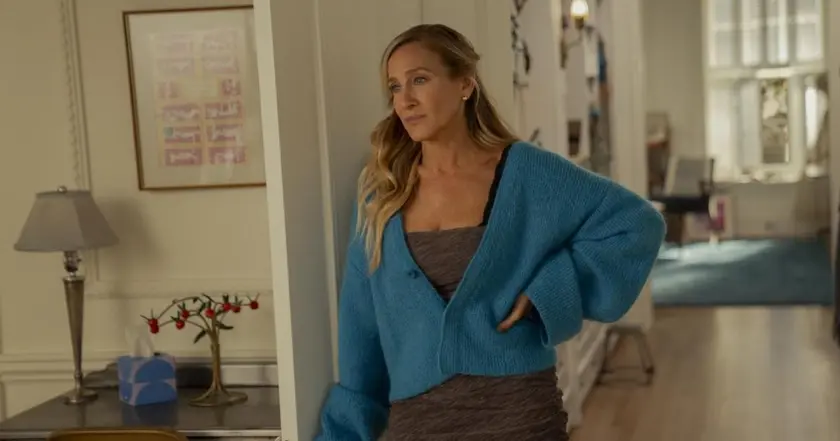
And Just Like That will conclude after its third season
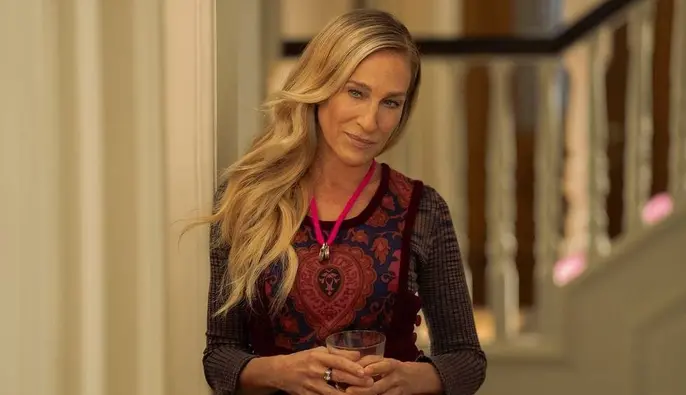
And Just Like That Ending Announced

And Just Like That series finale announced
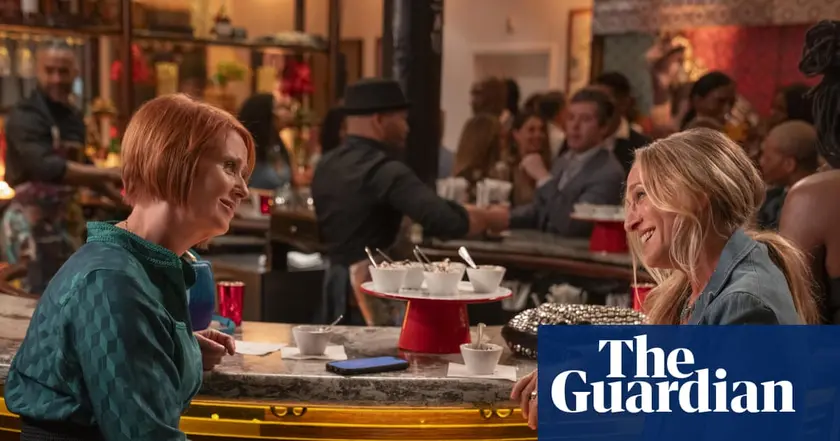
And Just Like That concludes with final season announcement
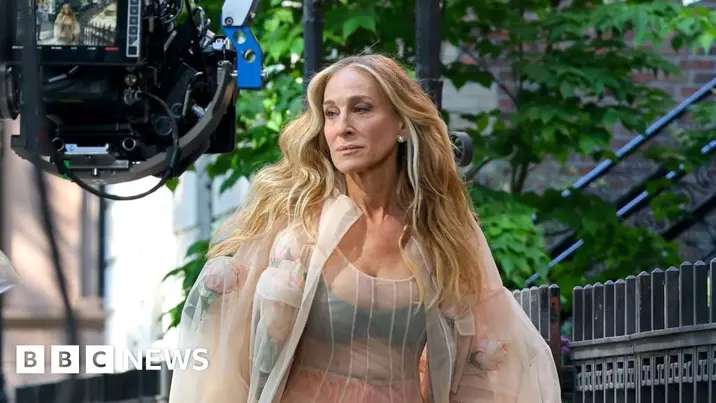
And Just Like That will conclude with its third season
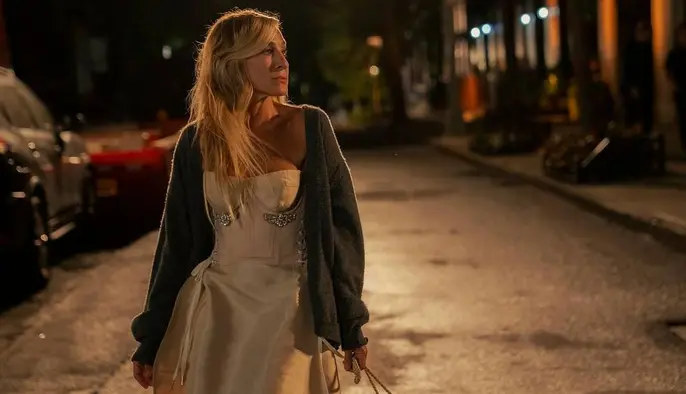
Carrie and Aidan's Relationship Ends
